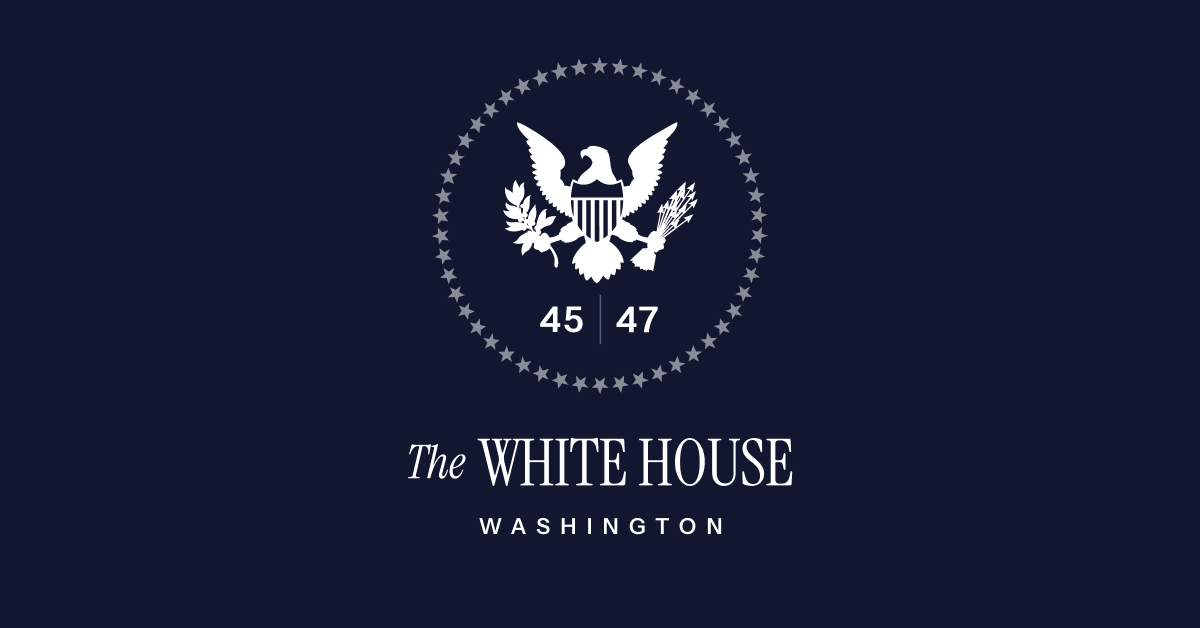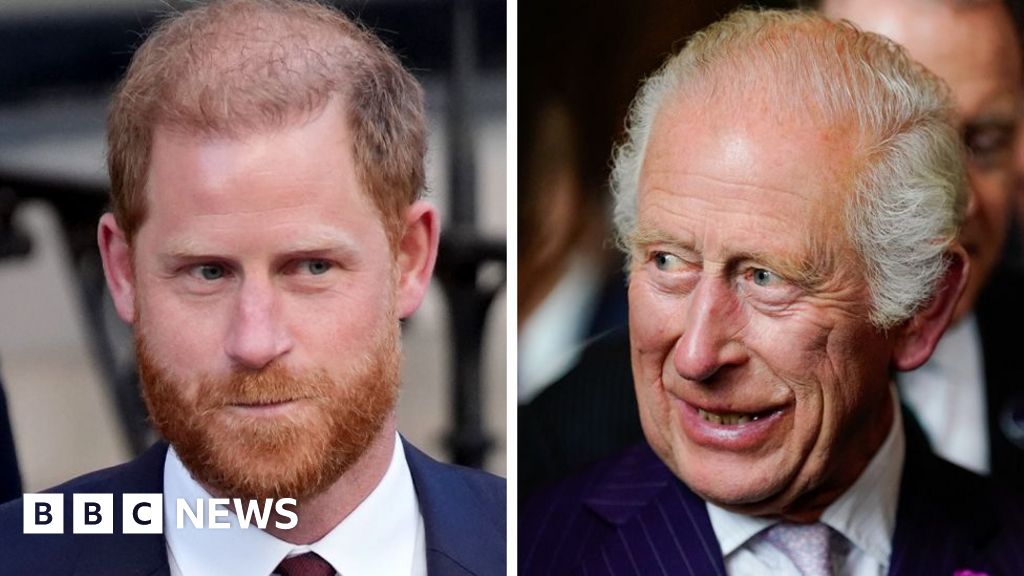Challenges In Prosecuting Flag Burning: First Amendment And The Law

Welcome to your ultimate source for breaking news, trending updates, and in-depth stories from around the world. Whether it's politics, technology, entertainment, sports, or lifestyle, we bring you real-time updates that keep you informed and ahead of the curve.
Our team works tirelessly to ensure you never miss a moment. From the latest developments in global events to the most talked-about topics on social media, our news platform is designed to deliver accurate and timely information, all in one place.
Stay in the know and join thousands of readers who trust us for reliable, up-to-date content. Explore our expertly curated articles and dive deeper into the stories that matter to you. Visit Best Website now and be part of the conversation. Don't miss out on the headlines that shape our world!
Table of Contents
Challenges in Prosecuting Flag Burning: First Amendment and the Law
The sight of a burning American flag is undeniably provocative. For many, it represents a profound disrespect for the nation and its values. However, the legal landscape surrounding flag burning is complex, fraught with First Amendment challenges that make prosecution incredibly difficult. This article delves into the intricate legal battle surrounding flag burning, exploring the constitutional protections afforded by the First Amendment and the ongoing debate over its interpretation.
The First Amendment and Symbolic Speech
At the heart of the matter lies the First Amendment to the U.S. Constitution, which guarantees freedom of speech. This protection, however, extends beyond mere spoken or written words; it encompasses symbolic speech, a form of expression conveyed through actions rather than language. The Supreme Court has consistently recognized that flag burning constitutes a form of expressive conduct protected by the First Amendment. This landmark ruling, established in Texas v. Johnson (1989), fundamentally shifted the legal understanding of flag desecration.
Texas v. Johnson: A Landmark Decision
In Texas v. Johnson, the Supreme Court ruled that burning an American flag as a form of political protest is protected speech under the First Amendment. The Court emphasized that the act was expressive, conveying a political message, and therefore deserving of constitutional protection. This decision sparked significant controversy, leading to numerous attempts at legislative overturns.
Attempts to Override Texas v. Johnson: The Flag Protection Act
Following the Texas v. Johnson ruling, Congress passed the Flag Protection Act of 1989, attempting to criminalize flag burning. However, this Act was swiftly challenged and ultimately struck down by the Supreme Court in United States v. Eichman (1990). The Court reaffirmed its commitment to the principle established in Texas v. Johnson, emphasizing that Congress cannot legislate away constitutional rights.
The Ongoing Debate: Balancing Free Speech and National Symbolism
The debate surrounding flag burning continues to this day. While many find the act offensive, the legal precedent firmly establishes its protection under the First Amendment. This highlights a fundamental tension in American jurisprudence: balancing the protection of individual liberties with the preservation of national symbols and sentiments.
Challenges in Prosecution: Proving Intent and Context
Even if a law prohibiting flag burning were deemed constitutional (which is highly unlikely given existing precedent), prosecuting such cases presents significant challenges. Prosecutors would need to demonstrate intent – proving that the act was intended as an act of protest or expression, rather than simply an act of vandalism or destruction of property. The context surrounding the flag burning would also be crucial, requiring detailed investigation and evidence to establish the expressive nature of the act.
Alternative Avenues: Focusing on Underlying Conduct
Instead of directly targeting flag burning, law enforcement agencies may focus on prosecuting related offenses, such as trespassing, disorderly conduct, or inciting violence, if such actions occur in conjunction with the flag burning. This approach circumvents the First Amendment challenges associated with directly prohibiting the act itself.
Conclusion: The Precedent Remains Firm
The legal precedent set by Texas v. Johnson and United States v. Eichman remains firmly in place. While the emotional response to flag burning remains strong, the constitutional protection of this form of symbolic speech is unlikely to change in the near future. Understanding this legal landscape is crucial for navigating the complexities of freedom of expression in the United States. The debate underscores the importance of a robust understanding of the First Amendment and the ongoing balancing act between individual rights and societal norms.

Thank you for visiting our website, your trusted source for the latest updates and in-depth coverage on Challenges In Prosecuting Flag Burning: First Amendment And The Law. We're committed to keeping you informed with timely and accurate information to meet your curiosity and needs.
If you have any questions, suggestions, or feedback, we'd love to hear from you. Your insights are valuable to us and help us improve to serve you better. Feel free to reach out through our contact page.
Don't forget to bookmark our website and check back regularly for the latest headlines and trending topics. See you next time, and thank you for being part of our growing community!
Featured Posts
-
 Coco Gauffs Us Open Win A Testament To Resilience Amidst Double Faults And Emotion
Aug 30, 2025
Coco Gauffs Us Open Win A Testament To Resilience Amidst Double Faults And Emotion
Aug 30, 2025 -
 Vikings Acquire Veteran Receiver Adam Thielen In Trade With Panthers
Aug 30, 2025
Vikings Acquire Veteran Receiver Adam Thielen In Trade With Panthers
Aug 30, 2025 -
 Support Floods In For Taylor Townsend Post Us Open Dispute
Aug 30, 2025
Support Floods In For Taylor Townsend Post Us Open Dispute
Aug 30, 2025 -
 Addressing Reckless Driving Marquette Universitys New Police Traffic Safety Unit
Aug 30, 2025
Addressing Reckless Driving Marquette Universitys New Police Traffic Safety Unit
Aug 30, 2025 -
 Legal Battle Erupts Ishbia Faces Lawsuit From Suns Minority Owners
Aug 30, 2025
Legal Battle Erupts Ishbia Faces Lawsuit From Suns Minority Owners
Aug 30, 2025
Latest Posts
-
 Buckeye Fans Live Tattoo A Wild Joel Klatt Show Moment
Aug 30, 2025
Buckeye Fans Live Tattoo A Wild Joel Klatt Show Moment
Aug 30, 2025 -
 T1 Keria Expresses Post Game Confidence After Dominant Hanwha Life Win
Aug 30, 2025
T1 Keria Expresses Post Game Confidence After Dominant Hanwha Life Win
Aug 30, 2025 -
 Royal Rift Deepens Harry Meets Charles William Skips Family Summit
Aug 30, 2025
Royal Rift Deepens Harry Meets Charles William Skips Family Summit
Aug 30, 2025 -
 Robert F Kennedy Jr And The Cdc The White House Weighs In
Aug 30, 2025
Robert F Kennedy Jr And The Cdc The White House Weighs In
Aug 30, 2025 -
 Prince Harrys Uk Return Will He And King Charles Finally Meet
Aug 30, 2025
Prince Harrys Uk Return Will He And King Charles Finally Meet
Aug 30, 2025
